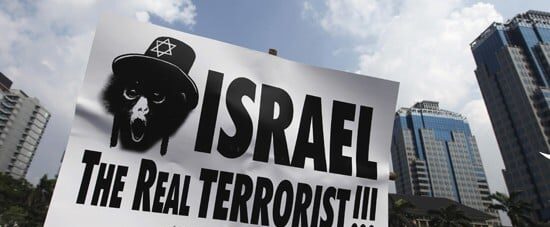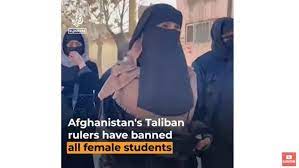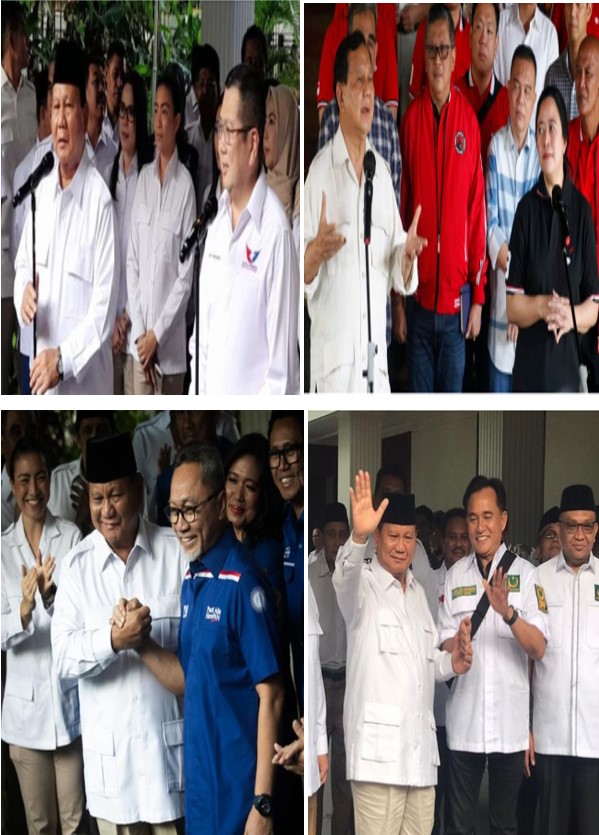
STRATEGIC ASSESSMENT. Prosperous Justice Party (PKS) Secretary-General Aboe Bakar Al Habsyi disclosed that President Jokowi had offered his youngest son, Kaesang Pangarep, for a seat in the Jakarta regional head elections. Aboe said that the offer to nominate Kaesang was extended to several political parties, not only one. Kaesang has denied this, saying his father had never proposed his name to political parties.

According to Max Lane, Visiting Senior Fellow at the ISEAS – Yusof Ishak Institute, the successful registration of the Workers Party (Partai Buruh, PB) for Indonesia’s 2024 parliamentary (DPR) elections attracted considerable attention among commentators and especially among Indonesia’s civil society community. Until 2024, almost all the parties in parliament could trace their origins back to the New Order period.
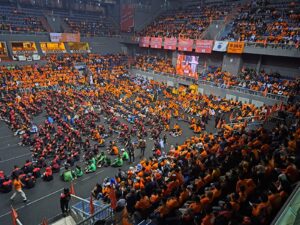
There was additional interest in the PB phenomena because it projected itself as not only representing workers but also the full spectrum of the poor and activist civil society. Since the fall of Suharto in 1998, the non-representation of organised civil society, including unionised workers and other sectors, has been a feature of mainstream electoral politics. The PB’s vote in the 2024 elections was much lower than what was hinted as possible by a party spokesperson who claimed a constituency of 10 million. With just 972,910 votes, or 0.64 per cent of the national vote, the PB did not reach the 4 per cent threshold to win any DPR seats. It did, however, win 11 seats in some local parliaments. PB activists told the author that most of these were in West Papua, where PB’s popularity was based on the profile of its leader from an earlier period, the late Mochtar Pakpahan, a Christian social democrat who had supported self-determination for West Papua. Other local seats were won in Lampung, Ambon and two in Bekasi.
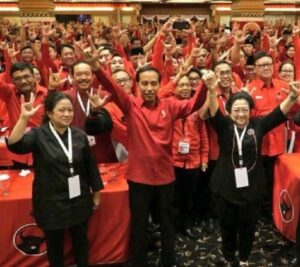
According to Tenggara Strategics, with four months left in office, President Joko “Jokowi” Widodo has already consolidated his political influence for the next five years. Apart from president-elect pledging to carry on the current government’s programs and having his eldest son assume the country’s second-highest office, Jokowi has also been manuevering between political parties after parting ways with the Indonesian Democratic Party of Struggle (PDI-P).
President Jokowi ceased to be a member of the PDI-P once he endorsed rival candidate and now president-elect Prabowo instead of the ruling party’s candidate . Ties between the two date back to 2004 when the party supported Jokowi’s mayoral run in Surakarta, his gubernatorial bid in Jakarta, then the presidential elections in 2014 and 2019.
South China Morning Post had reported Indonesia’s president-elect Prabowo Subianto recently underwent a major medical procedure, reigniting rumors about his health that analysts say “reflect anxieties” about his fitness for office and a scenario in which his 36-year-old vice-president has to take over. Observers say rumors have circulated about the health of the upcoming leader, fueled by concerns that he appeared less steady on his feet and looked tired while he campaigned for the presidency and in recent political forums.
Syafiq Hasyim, Visiting Fellow at ISEAS – Yusof Ishak Institute, Lecturer and Director of Library and Culture at the Indonesian International Islamic University, the administration of Indonesia’s President Joko Widodo (Jokowi) recently announced that it would grant coal mining concessions to religious-based mass organisations. This development was widely panned by environmental and civil society groups. It is unclear how such organisations will find the expertise with which to manage the concessions, in an industry already rife with environmental and management problems and known to be corrupt. (Holding mining concessions means that religious-based mass organisations would have the legal rights to extract, mine and sell natural resources.)
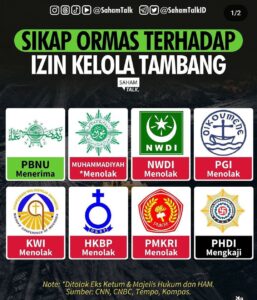
This promise is not new; it was offered by Jokowi to Nahdlatul Ulama (NU) several years ago at their Muktamar (congress) in 2021, in Lampung. Then he had said that he would offer space for creating an industry for the next “clever” generation of NU members.

The General Election Commission (KPU) has set the minimum age requirement for gubernatorial candidates to be 30 years old by inauguration date instead of by the date the KPU formally announced candidates, the requirement under the previous regulation. The ruling paves the way for Kaesang Pangarep, the youngest son of President Jokowi, who does not turn 30 until December of this year, to follow in the footsteps of his older brother Gibran Rakabuming Raka, mayor of Surakarta, in running for regional office.
With just less than two months left until the three-day registration period for political party- backed candidates opens, political parties have begun eyeing potential candidates for the regional elections in November, when Indonesians will for the first time simultaneously elect their respective governors, mayors and regents.
In Central Java, the LSI survey found that Kaesang, Jokowi’s youngest son, could be one of the names to beat in the country’s third most populous province and is generally seen as one of strongholds of Jokowi’s former party the Indonesian Democratic Party of Struggle (PDI-P).
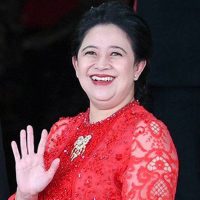
Puan Maharani from the Indonesian Democratic Party of Struggle (PDI-P) said that the party leadership was weighing the idea of nominating Indonesian Solidarity Party (PSI) chairman Kaesang Pangarep for Central Java governor in November’s regional head elections.
Novice politician and Indonesian Solidarity Party (PSI) chair Kaesang Pangarep is leading in the latest public opinion poll for the November Central Java gubernatorial race, with many respondents favoring him because he is the son of President Jokowi. The survey released by Indikator Politik Indonesia found that while many Central Java respondents are still undecided on whom to vote for, Kaesang came out on top in almost all the survey’s simulations, followed by Central Java Police Chief Ahmad Luthfi.
President Joko “Jokowi” Widodo has publicly expressed support for his youngest son, Kaesang Pangarep, potentially running for the upcoming regional head election. This comes in response to the General Election Commission Regulation (PKPU) No. 8 of 2024, which accommodates the Supreme Court’s decision on the eligibility of governor and deputy governor candidates, regent and deputy regent candidates, and mayor and deputy mayor candidates. “A parent’s role is simply to offer support,” he said with a smile when questioned about the PKPU that paved the way for Kaesang. The former mayor of Solo remained tight-lipped on whether the blessing took place in Jakarta or Central Java.
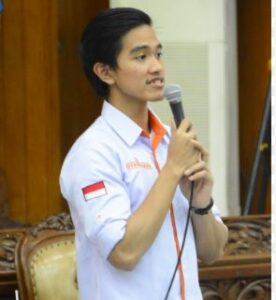
Early public opinion polls for the Central Java gubernatorial race in November indicate the Indonesian Democratic Party of Struggle (PDI-P) is struggling to win in its own stronghold without prospective candidates that match the popularity of rival hopefuls, particularly Kaesang Pangarep, the youngest son of President Joko “Jokowi” Widodo, and chair of the Indonesian Solidarity Party (PSI).
Despite being the largest and the only party in Central Java that can field a gubernatorial candidate pair on its own, its own politicians Bambang Wuryanto and Hendrar Prihadi fail to compete with other prospective candidates from various backgrounds, according to the latest surveys from Indikator Politik Indonesia and Lembaga Survei Indonesia (LSI).
The political parties backing president-elect Prabowo Subianto face a bumpy road to agree on joint nominations for the November regional elections in several key regions after some of them insisted on nominating their own preferred candidates. The Onward Indonesia Coalition (KIM), Prabowo’s electoral alliance that was led by his own Gerindra Party, intends to extend its political partnership and become a “permanent coalition” for regional elections in a bid to ensure regional administrations support the incoming central government.
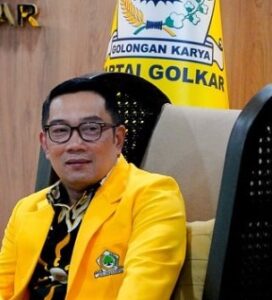
The race to win the Onward Indonesia Coalition’s (KIM) nomination for the West Java gubernatorial seat has accelerated, with the latest survey finding Ridwan Kamil of the Golkar Party and Dedi Mulyadi of the Gerindra Party rising as the top contenders in the province. A survey by pollster Indikator Politik Indonesia showed Ridwan and Dedi emerging as the two top-of-mind candidates among respondents who were asked to name a figure they would vote for if the election was held today.


